
Enhancing data security in an AI-driven era
For many years, the IT community has consistently emphasized the inherent value and significance of data. Data is one of the greatest resources within a business, even referred to as an organization’s crown jewels, and as a result, has become a vital part of business’ security strategies.
However, as the global interconnectivity of technology continues to grow, securing data and its integrity has become one of the most complex parts of cybersecurity. The driving factor behind this increasing complexity is the broadening use of generative AI (GenAI) and large language models (LLMs), for which training data has largely become the world’s publicly available data.

Top 10 data security best practices for 2025
2024 ushered in one of the biggest shifts in data security, as cyber threats continued to increase in sophistication by leveraging advancements in AI to outpace traditional defenses. High-profile breaches across all industries continued, uncovering vulnerabilities in even the most robust systems. Meanwhile, the ongoing hybrid work models and migration to cloud-based technologies expanded the attack surface, creating new challenges for protecting sensitive data.
As 2025 rolls on, organizations need to follow best practices that represent a proactive, forward-thinking framework to stay ahead of emerging threats, protect critical data, and maintain the trust of their stakeholders. Here are ten best practices that organizations should consider.

Microsoft’s Majorana 1 quantum chip could break encryption and expose your data to hackers
Microsoft is moving closer to quantum computing supremacy with the arrival of its new Majorana 1 chip, a development which could potentially have a far-reaching impact on cybersecurity. While the Windows-maker touts this as progress, the reality is far more concerning. The encryption that protects banking transactions, government data, and personal communications could soon be worthless.
Microsoft's advancement comes down to Microsoft’s new topoconductor material, which enables a type of quantum computing that scales far beyond anything possible today. “We took a step back and said ‘OK, let’s invent the transistor for the quantum age. What properties does it need to have?’” said Chetan Nayak, Microsoft technical fellow. “And that’s really how we got here -- it’s the particular combination, the quality and the important details in our new materials stack that have enabled a new kind of qubit and ultimately our entire architecture.”
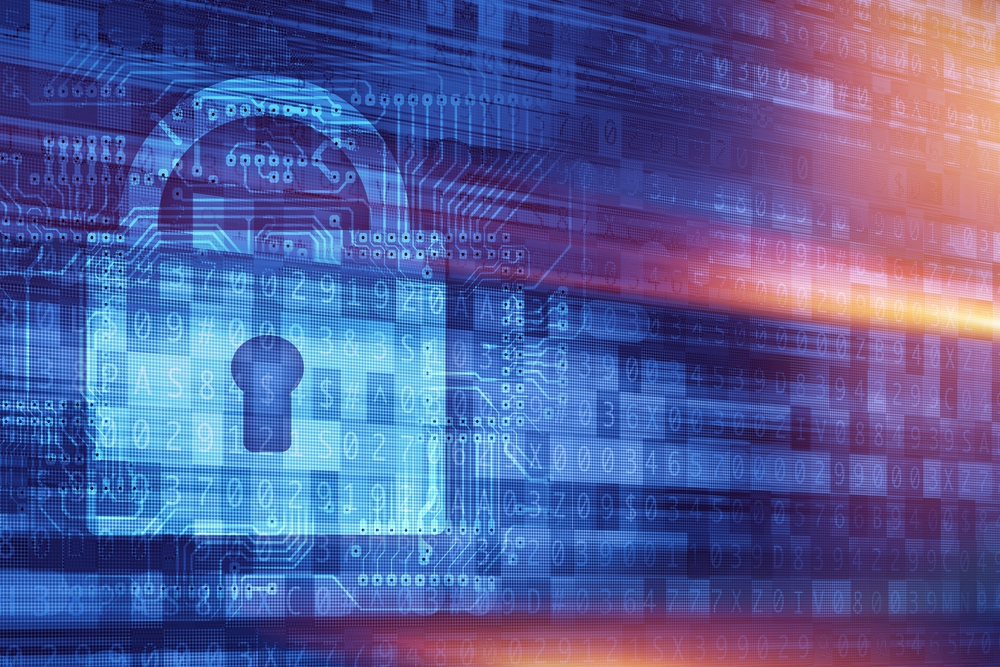
The role of encryption in the cybersecurity landscape [Q&A]
Despite being an effective tool for safeguarding sensitive information, encryption remains underutilized by many organizations, leaving them vulnerable to cyber threats.
Many companies still rely on perimeter security measures, viewing encryption as optional rather than essential. Misconceptions about the complexity and cost of encryption further hinder its adoption, leading to a reactive approach that often waits for a data breach before taking action.

Navigating the future: Cloud migration journeys and data security
For years, businesses have been chasing innovation with cloud platforms, moving beyond the limitations of legacy technology for greater speed and agility, and sharpening their competitive edge. However, all businesses often face challenges that complicate cloud migration, driving up costs and timelines while exposing the business to data security risks. Ultimately, these challenges block businesses from experiencing the true benefits of cloud integration, and in some cases, lead to significant breaches and regulatory fines.
The speed of cloud migration is most commonly hindered by data security concerns, budget overruns, fragmented implementations, and operational friction. These challenges -- affecting the three key stakeholders within the cloud migration strategy of Data and Analytics Leaders, Security Leaders, and IT Leaders -- often cause projects to run well beyond their planned timelines and budgets. In many cases, these migrations fail to deliver value because data utilization is restricted by inadequate security, and extended timelines erode the business’s first-mover advantage.

AI outpaces ability to secure data
The rush to embrace AI, especially generative AI and large language models, has outpaced most organizations' ability to keep their data safe and effectively enforce security protocols according to a new report.
The study from Swimlane shows 74 percent of cybersecurity decision-makers are aware of sensitive data being input into public AI models despite 70 percent having established protocols in place.
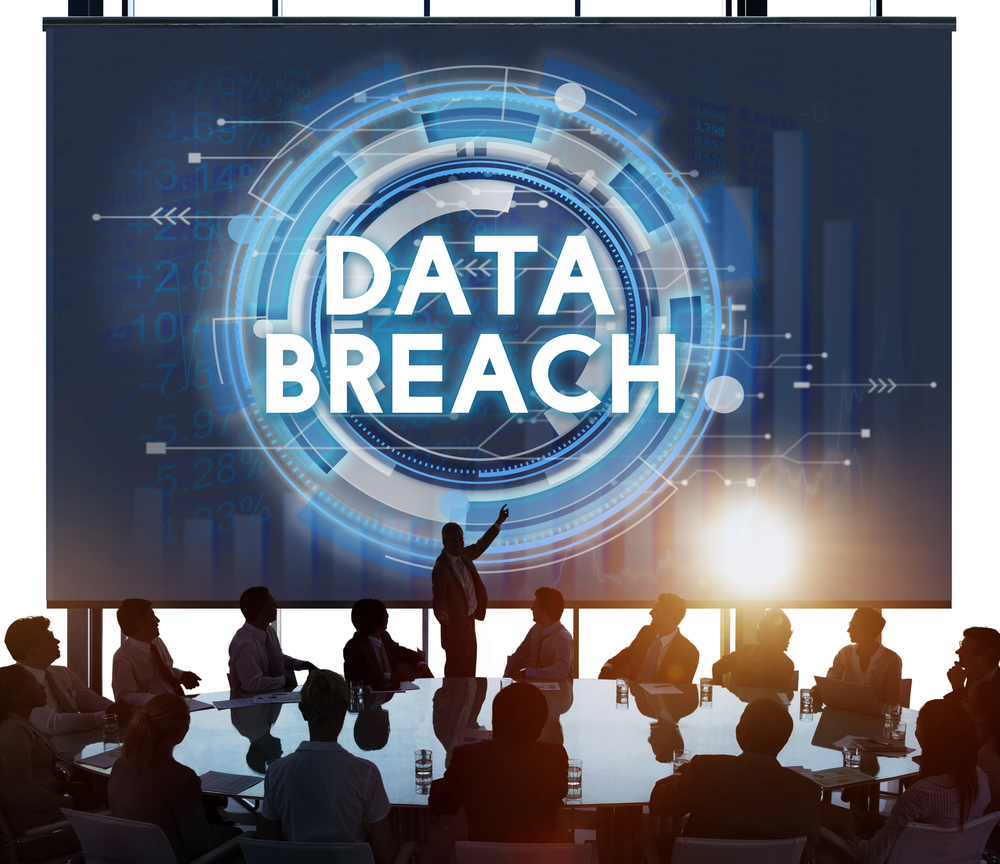
Over half of enterprises suffer data breaches in non-production environments
A new study shows 91 percent of organizations are concerned about the expanded exposure footprint across non-production environments (including software development, testing, and data analytics).
Once a production dataset is copied many times over into non-production environments, more workers have access to it and the data is no longer subject to the same strict security controls.
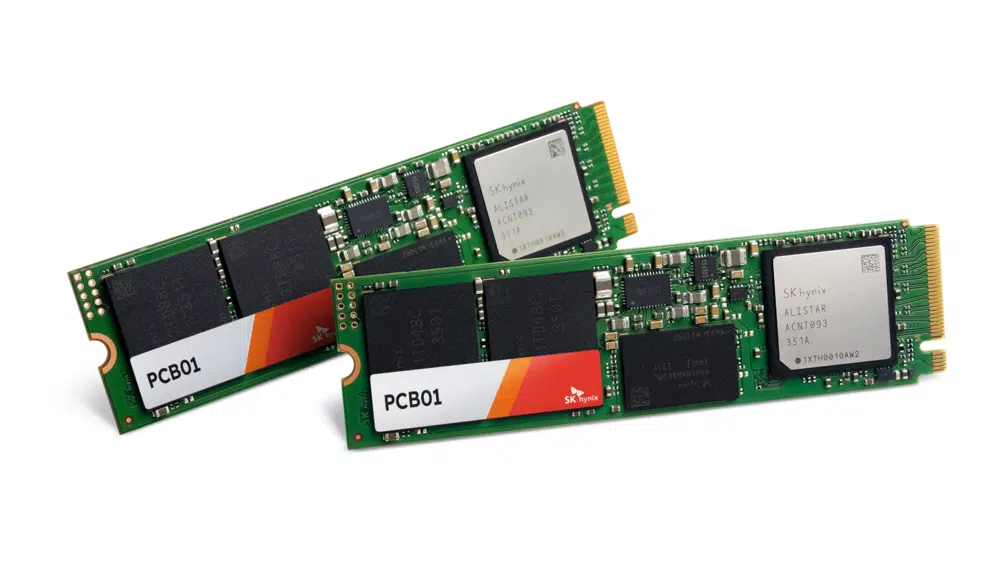
SK hynix announces PCB01 SSD for AI-enabled PCs
SK hynix has announced its newest solid-state drive, PCB01, which incorporates the fifth generation of 8-channel PCIe technology. This development is aimed at improving performance metrics such as data processing speed.
The PCB01 SSD features sequential read and write speeds of up to 14GB/s and 12GB/s, respectively, which is notably higher than previous models. These speeds are intended to support operations involving large language models (LLMs) necessary for AI training and inference tasks.
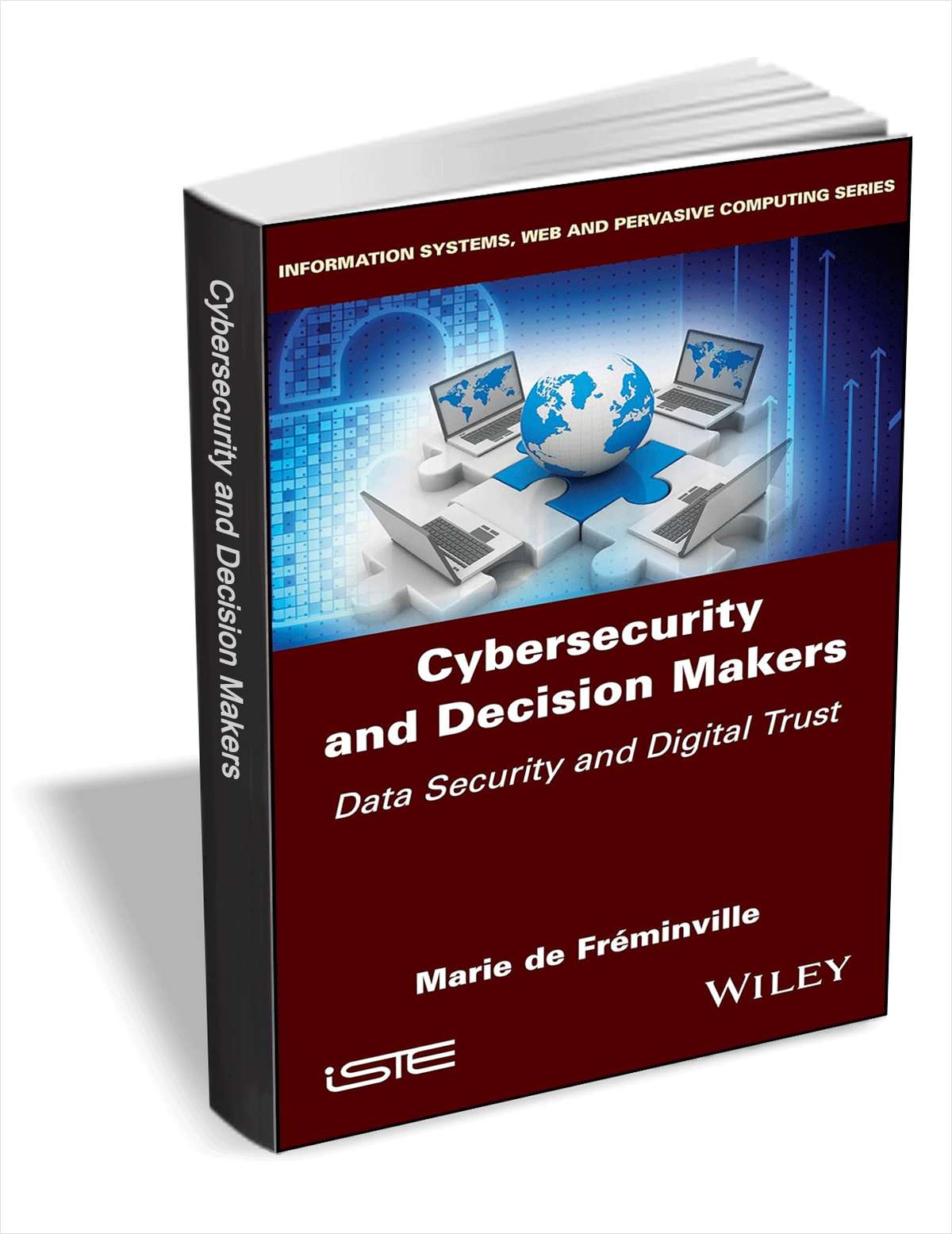
Get 'Cybersecurity and Decision Makers: Data Security and Digital Trust' (worth $142) for FREE
Cyber security is a key issue affecting the confidence of Internet users and the sustainability of businesses. It is also a national issue with regards to economic development and resilience.
As a concern, cyber risks are not only in the hands of IT security managers, but of everyone, and non-executive directors and managing directors may be held to account in relation to shareholders, customers, suppliers, employees, banks and public authorities.

From Russia with love: ROSA Fresh 12.5 delivers an improved Linux experience
From the land of matryoshkas and balalaikas, ROSA, a developer of system and infrastructure software, has released ROSA Fresh 12.5. This new version of the Russian-developed operating system is a blend of significant improvements and fresh features, aimed at improving both convenience and security.
ROSA Fresh 12.5 presents an array of installation images, catering to diverse computing needs. The update accommodates three processor architectures: x64, i686, and aarch64 (available later), and provides five user environment options. Users can select from two comprehensive graphical environments, KDE and GNOME, or opt for the lighter LXQt and Xfce systems. For those well-versed in the command line, ROSA Fresh Server offers a text interface option.

AI use leads to new risks for data security
According to a new study, 89 percent of cybersecurity professionals agree that their company's sensitive data is increasingly vulnerable to new AI technologies.
The study of 700 respondents across cybersecurity roles, conducted by Vanson Bourne for Code42, also finds that 87 percent are concerned their employees may inadvertently expose sensitive data to competitors by inputting it into GenAI. In addition 87 percent are concerned their employees are not following their GenAI policy.

Lexar and Silicon Motion unveil next-generation portable solid state drives -- ARMOR 700 and SL500
Lexar has announced a huge collaboration with Silicon Motion. This partnership combines Lexar’s expertise in storage products with an advanced controller chip from Silicon Motion. The controller features a USB 3.2 Gen 2 interface and four NAND channels, catering to the needs of users demanding high performance with low power consumption.
Lexar plans to introduce two new portable solid state drive (PSSD) products. These products, ARMOR 700 and SL500, boast not only impressive technical specifications but also enhanced durability and compatibility.
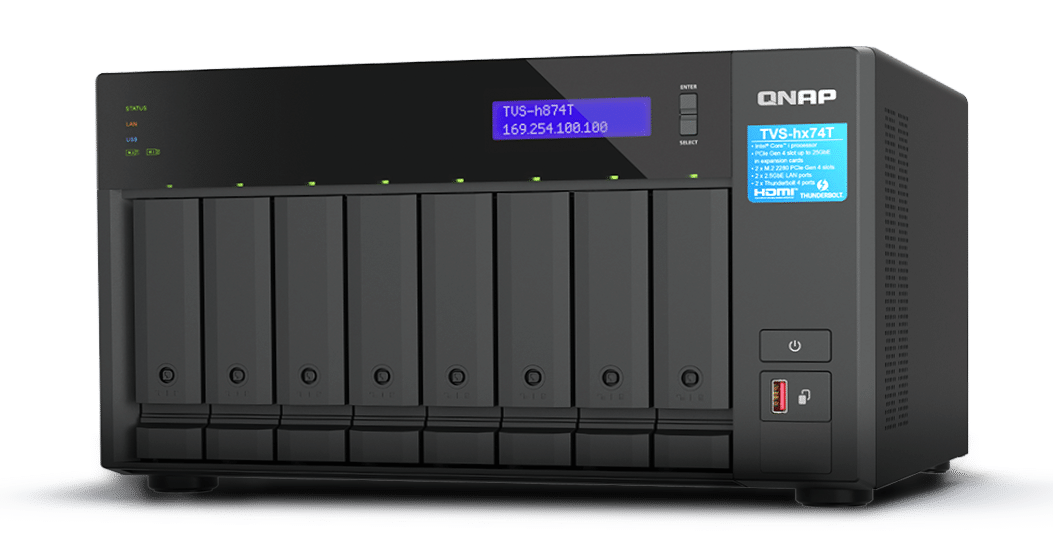
QNAP unveils TVS-hx74T Thunderbolt 4 NAS devices
QNAP has unveiled the TVS-h674T and TVS-h874T Thunderbolt 4 NAS devices, focusing on digital content creation and video production. These Network Attached Storage (NAS) devices are tailored to meet the needs of creators, to enhance productivity and provide a secure space for valuable creative projects.
The series includes three models. The TVS-h674T-i5-32G model is a 6-bay 3.5-inch SATA HDD Thunderbolt NAS, powered by a 12th Gen Intel Core i5 6-core/12-thread Processor, paired with Intel UHD Graphics 730 and 32GB DDR4 RAM. The TVS-h874T-i7-32G, an 8-bay 3.5-inch SATA HDD Thunderbolt NAS, houses a 12th Gen Intel Core i7 12-core (8P+4E) /20-thread Processor, Intel UHD Graphics 770, and 32GB DDR4 RAM. Lastly, the TVS-h874T-i9-64G, another 8-bay model, comes with a 12th Gen Intel Core i9 16-core (8P+8E) /24-thread Processor, Intel UHD Graphics 770, and 64GB DDR4 RAM.
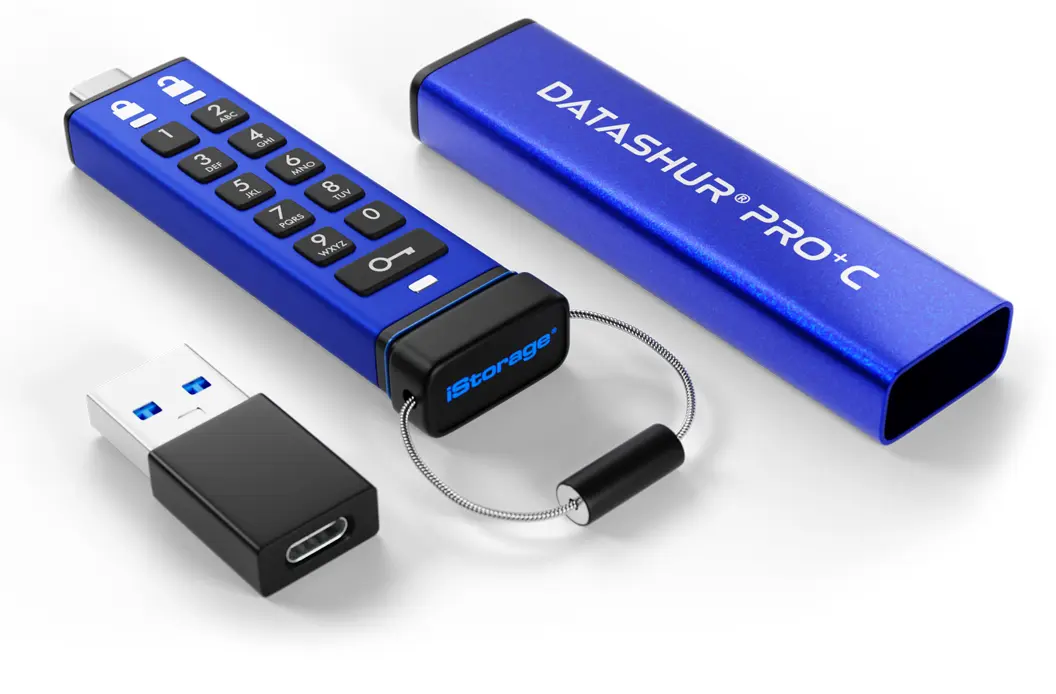
iStorage datAshur PRO+C USB-C flash drive is pending FIPS 140-3 Level 3 certification
If you are in the market for an insanely secure USB flash drive, a new product from iStorage needs to be on your radar. The "datAshur PRO+C," as it is called, is a USB 3.2 (Gen 1) Type-C flash drive that is designed with both PIN protection and hardware encryption. This innovative drive promises military-grade data protection. Notably, iStorage claims this is the only device awaiting validation for FIPS 140-3 Level 3 certification.
The datAshur PRO+C flash drive incorporates advanced security features that guarantee complete data security and protection at all times. Equipped with a built-in rechargeable battery, users can enter an eight to 15 digit PIN using the on-board keypad before connecting the device to a USB port. This means that the datAshur PRO+C remains inaccessible without the unique user PIN, providing users with peace of mind even if the drive is lost or stolen.

Business data at risk from oversharing
Sharing is caring, as the saying goes, but when it comes to business data oversharing is a big problem. A new report from Concentric AI shows the number of overshared files rose 60 percent in 2022 compared to 2021.
Largely this is down to the impact of hybrid remote work, cloud migration and information sprawl across on-premises and cloud data, as well as email and messaging environments on data security.
